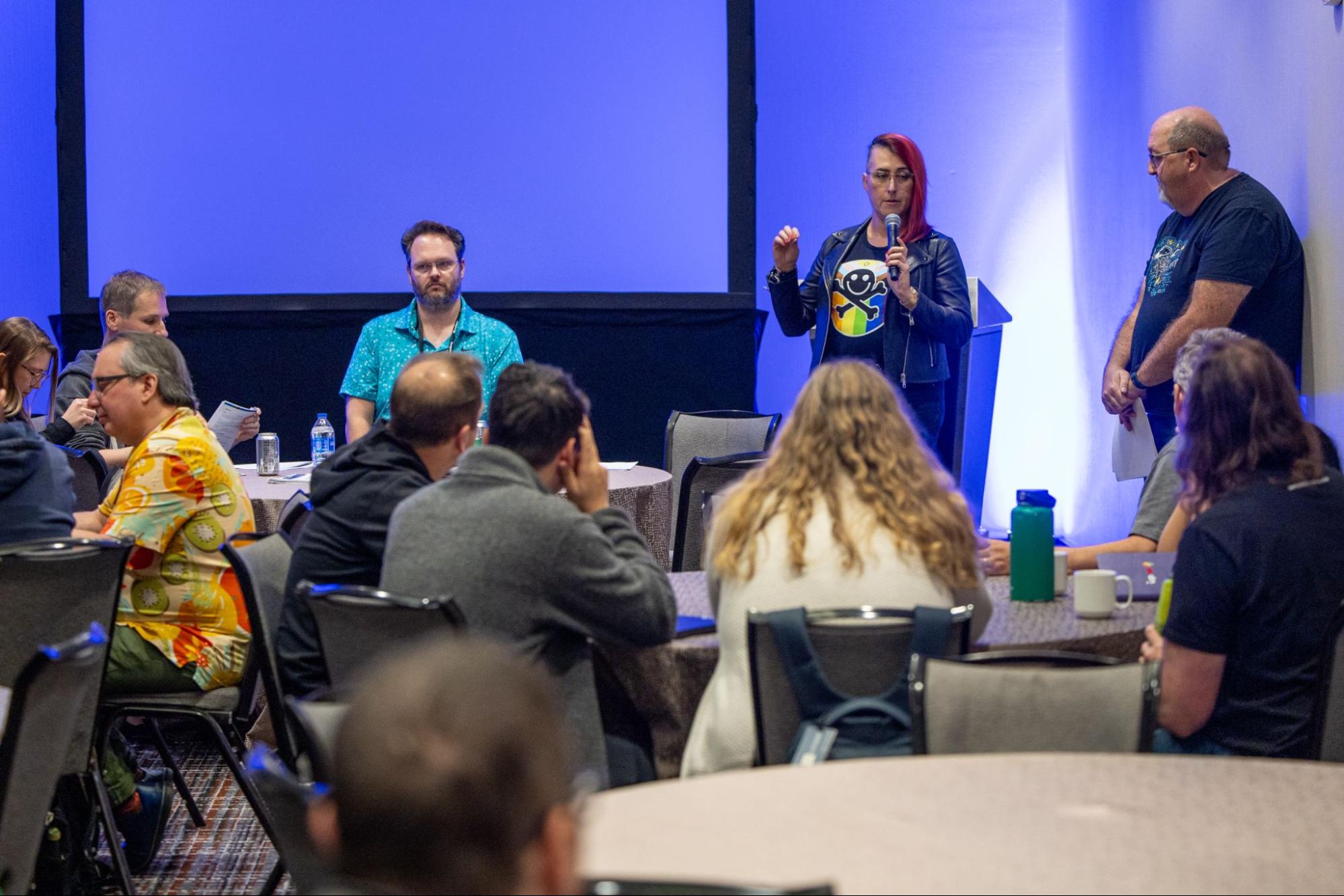In the modern landscape of technology, preparing for potential security breaches and unforeseen disruptions is a necessity, especially for organizations that rely heavily on software and digital infrastructure. While contemplating potential disasters isn’t the most pleasant task, it is imperative for ensuring resilience and preparedness. This mindset is particularly prevalent in the cybersecurity sector, where experts are not merely concerned with if something might go wrong, but rather, what specifically will malfunction and how they will respond to it.
Even seasoned software developers can find it challenging to fully grasp the implications of a bug in their code that could lead to a security exploit. The abstract understanding of such vulnerabilities often lacks a tangible sense of the real-world consequences these issues may bring. This is where open source software development offers a unique advantage. The collaborative nature inherent in open source projects means that while the creation process might be decentralized, the community aspect enables a collective approach to troubleshooting and resolving issues.
Consider a scenario where a company heavily reliant on open source software discovers that a flaw in the software has led to a significant data breach. The pressing questions then become: how does the company address the breach, and how does the open source community respond to such challenges?
This is precisely the type of scenario that the Cybersecurity & Infrastructure Security Agency (CISA) aims to address through its Open Source Cyber Tabletop Exercise. This interactive exercise is designed to help participants navigate the complexities of responding to critical incidents. Recently, during the Community Over Code event in Denver, members of the Apache Software Foundation (ASF) had the opportunity to engage in this exercise, exploring how the ASF would react to a hypothetical scenario impacting vital infrastructure in the United States.
The tabletop exercise, often abbreviated as TTX, took place under the guidance of CISA representatives Aeva Black and Jordan Petrich. It brought together 30 ASF committers, members, and officers to tackle a fictional scenario where a known software fault, under the ASF’s purview, jeopardized critical US infrastructure. This exercise was not entirely unfamiliar terrain for the ASF. The foundation’s experience with the Log4Shell vulnerability from October 2021 highlighted the challenges faced by the open source supply chain when security issues arise. During that time, the ASF worked closely with various US governmental bodies, including the White House, Congress, and the FBI, to underscore the significance of open source software and the foundational role organizations like the ASF play.
The Log4Shell incident, among other security challenges within the open source ecosystem, significantly influenced CISA’s focus on open source software security. In 2023, CISA announced the appointment of Aeva Black as the agency’s Open Source Security Lead, marking the start of a new initiative aimed at engaging open source community organizations. The goal was to promote security by design and default principles, thereby enhancing the overall security posture of open source software.
The presence of Black and Petrich at the ASF event provided the foundation with a chance to showcase its evolved skills and strategies, honed through past experiences. The TTX’s core objective was to assess the effectiveness of cyber incident reporting and public-private coordination during a major incident affecting a critical open source project. During the exercise, participants were organized into groups that leveraged their diverse expertise within the ASF. They were presented with hypothetical “daily” events from the scenario and given time to deliberate on their responses within their respective roles.
While the specifics of the TTX remain confidential, participants found the exercise to be an enlightening experience. As the virtual weeks progressed, they had to adapt to challenges not just within the foundation’s software repair and release processes, but also to external pressures that complicated a standard response approach.
A key revelation from the exercise was the realization that conventional rules might not always apply, and it is vital not to take them for granted. Additionally, the scenario illustrated that private companies and foundations now have a valuable ally they might not have previously considered: CISA itself. Beyond offering tabletop exercises to demonstrate potential vulnerabilities, CISA plays a crucial role in coordinating voluntary collaboration and facilitating cyber defense information sharing across multiple organizations, even when traditional communication channels falter. This support could prove invaluable during an actual critical incident.
Preparing for worst-case scenarios may not be pleasant, but it is essential. By engaging in such exercises, organizations can acquire the knowledge and skills needed to respond effectively when real-world crises occur. In a world where open source software is integral to much of the global digital infrastructure, knowing how to respond to unforeseen challenges is crucial.
The lessons learned from such exercises are not just about reacting to incidents but also about building a culture of resilience and proactive defense. The collaborative nature of open source projects, combined with initiatives like CISA’s, fosters a community that is not only innovative but also security-conscious. As open source software continues to underpin critical systems worldwide, these exercises serve as a vital component in safeguarding the digital ecosystem.
For more information on CISA’s initiatives and resources, such as their tabletop exercise packages, you can visit their official website. These resources offer valuable insights into how organizations can prepare for and respond to cyber threats, emphasizing the importance of collaboration between public and private sectors in strengthening cybersecurity resilience.
For more Information, Refer to this article.

































